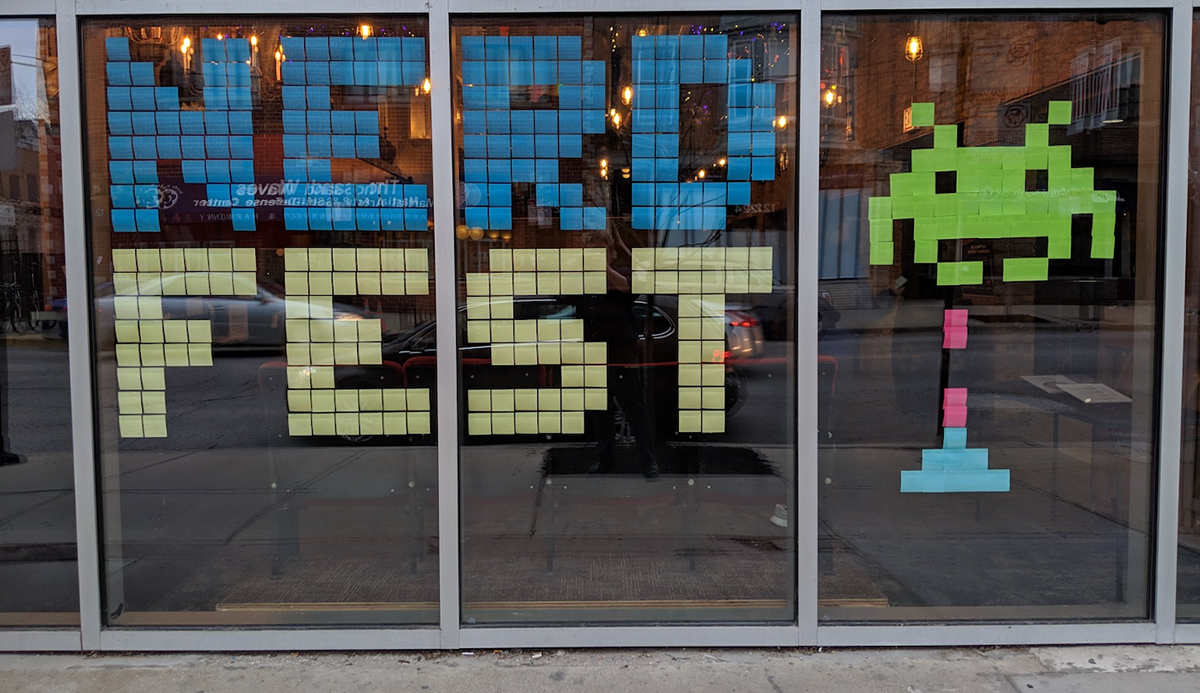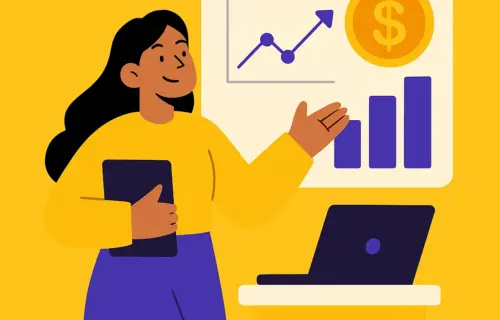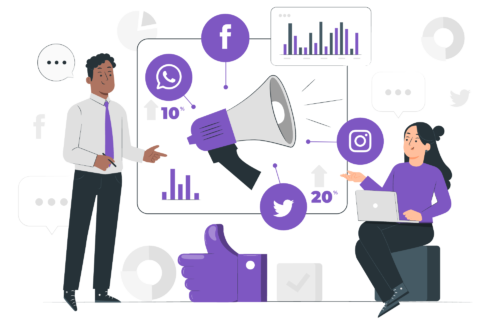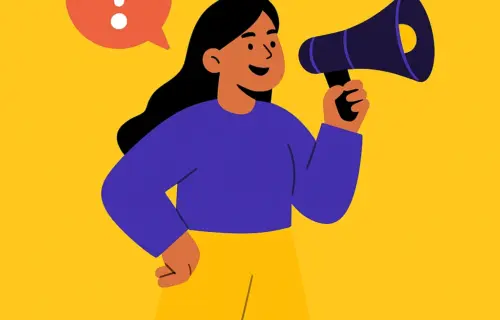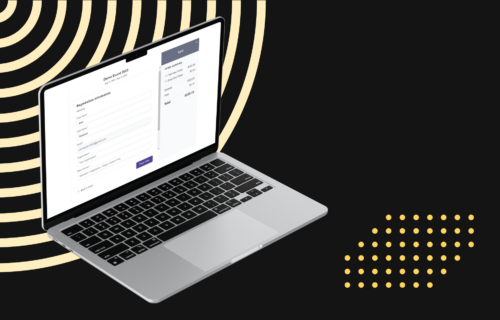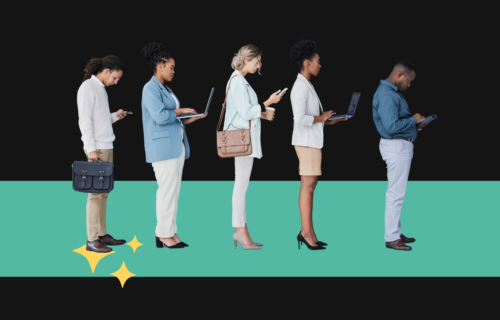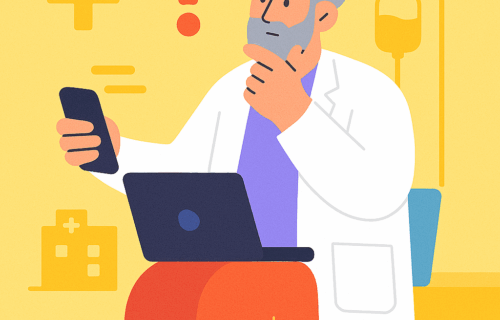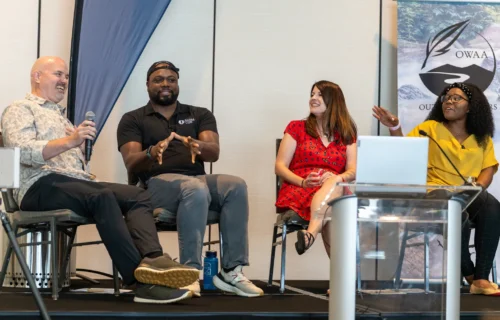The Chicago Nerd Comedy Festival has been lighting up the theatre scene in Chicago since 2013. The organizers considered canceling their event in light of the pandemic, but they decided to test out our virtual platform to see how their festival might thrive in a new environment. They adapted their performance structure to both live and pre-recorded, decided to make the ticketing free, and encouraged donations.
We were recently able to sit down with the organizing team behind the festival, who shared a bit about how they carried that intimate festival experience into their audiences homes, and how they’d like to approach future virtual performance-based events.
Big Challenges
“One of the biggest challenges we found with doing a show in this fashion was the content we’d receive from performers. We would get video and audio that was top tier, and some that was filmed on an older device. The consistency wasn’t there. I think it has a lot to do with the energy as well. We didn’t get enough fresh content, which is just the nature of what we were working with.”
Matt Peters, Producer
“Exactly. In this weird environment, it’s hard to get together to film new content. There’s a lot of energy missing from that lack of interaction with feeding off audience energy, so since we were accepting recordings, we might consider editing them so they’re a bit tighter and you don’t see people walking around or a delay of audience laughter.”
John Craig, Producer
Ticketing and Donations
“We had a unique situation this year, and everyone’s going through rough times right now. An option that we wanted to make available was for performers to accept donations. So by charging for tickets, right out of the gate, we thought might discourage people from donating to the performers or Brave Space Alliance.”
Matt Peters, Producer
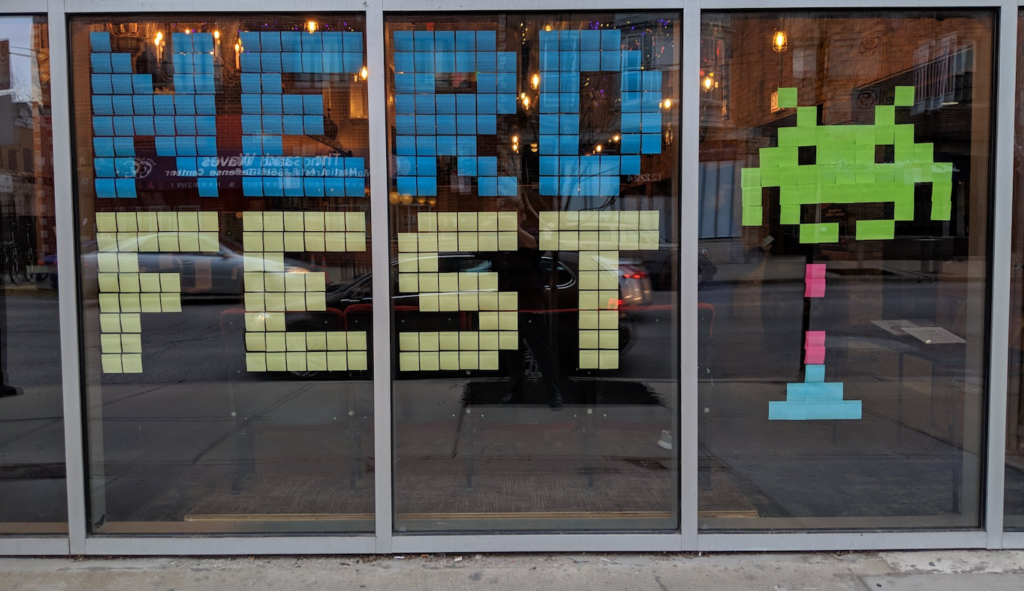
Setting Live Performers and Their Audiences up for Success
“I think we made the best decision ever to mute the audience so that there wasn’t any audio gap and everyone could hear any live performers. Muting everyone instantly was the best decision we could have made because background noises or asking everyone to mute themselves over and over would be so frustrating.”
Candice Opper, Producer
Things They Would Do Differently
“On the tech-side, we realized a few Zoom quirks which we were able to address after the first night to ensure the audience had a more seamless experience of people came into a performance late. Looking back, we’ve also considered the idea of keeping Zoom meetings open for a bit after performances, like we would the actual theatre space or when people congregate in the lobby of the theatre between shows and having music playing so people could still hang out and interact between shows. Maybe letting people know as we would in a live event that the next show is happening in a different Zoom meeting, then sharing that link if people are ready to “be seated” for the next show.”
John Craig, Producer
Conclusion
As the team looks forward to what the next year will bring, they’re confident that some elements of what they’ve learned will be tied into their future festivals. The ability to bring performances to a larger audience across the world, find greater equity for performers and keep bringing new nerdy acts to the audiences who love them.
Considering Sched for a virtual event? learn more or contact us.
